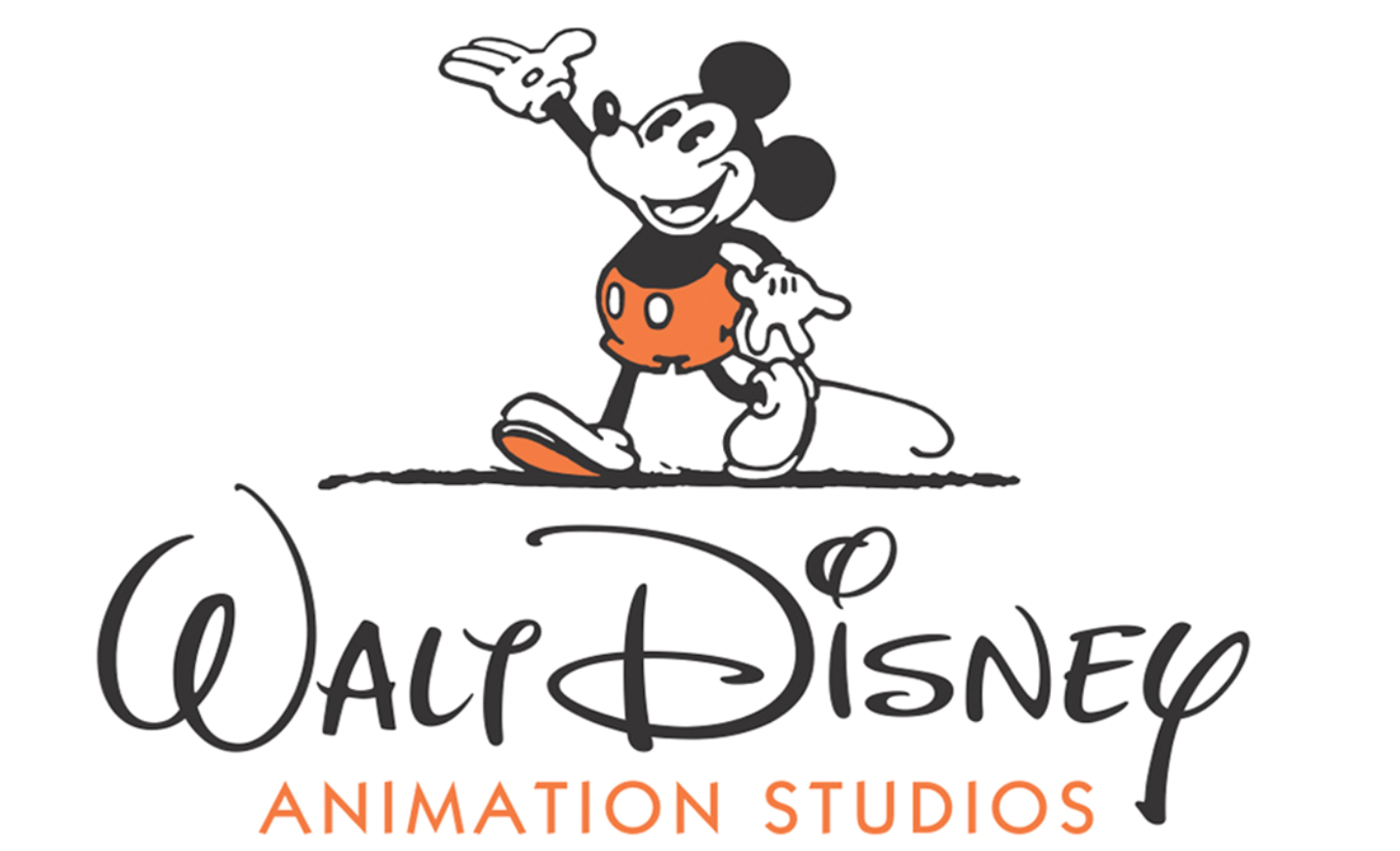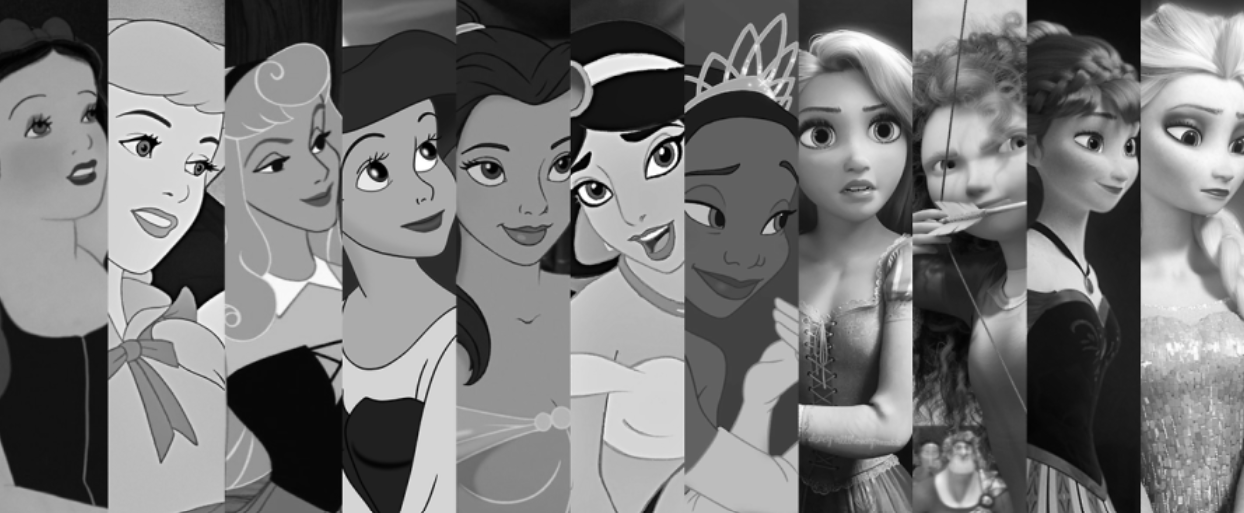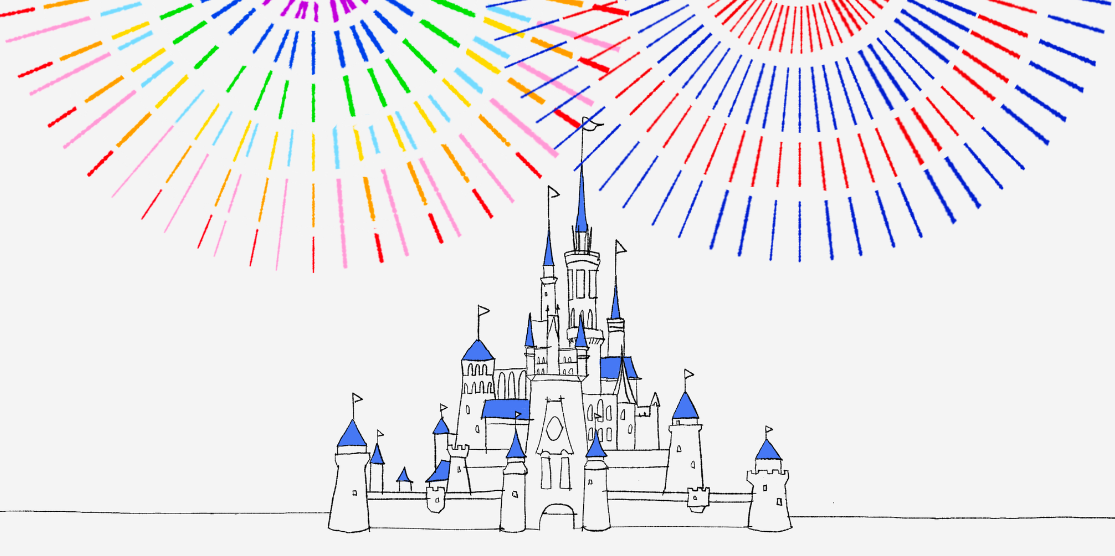Since its inception, Disney has always been at the forefront of embracing social issues through its films and various forms of media. From addressing racism in “Song of the South” to promoting environmental awareness in “Wall-E,” Disney has consistently used its platform to shed light on important societal issues. One of the most impactful examples of this is Disney’s portrayal of strong female characters in films like “Mulan” and “Brave,” which have empowered young girls to break gender stereotypes and pursue their dreams.
Additionally, Disney has also tackled themes of diversity and inclusion through films like “Coco” and “Black Panther,” which have celebrated different cultures and highlighted the importance of representation in media. Overall, Disney’s commitment to addressing social issues in its content has had a profound impact on audiences worldwide, sparking important conversations and promoting positive change in society. The influence of Disney’s messages can be seen in the way it has shaped the beliefs and values of generations of viewers, encouraging them to stand up for what they believe in and make a difference in the world. As Disney continues to evolve and grow, its dedication to addressing social issues will undoubtedly continue to have a lasting impact on society for years to come.

A Look Back at Disney’s Previous Social Justice Initiatives
Over the years, Disney has been known for its efforts in promoting social justice through various initiatives. From diversity and inclusion programs to charitable partnerships, the company has continuously worked towards creating a more equitable and inclusive society. One of Disney’s most notable initiatives was the creation of the Disney Conservation Fund in 1995, which has since raised millions of dollars for wildlife conservation efforts around the world. Additionally, Disney has also taken steps to promote diversity in its workforce, with programs aimed at increasing representation of underrepresented groups in the entertainment industry.
The company has also been a vocal advocate for LGBTQ rights, with initiatives such as the “Love Comes in Every Color” campaign, which aimed to promote acceptance and inclusion of LGBTQ individuals. Overall, Disney’s commitment to social justice has been evident in its actions and initiatives, demonstrating a dedication to creating a more just and equitable society for all. As the company continues to evolve and grow, it will be interesting to see how their social justice initiatives continue to shape the entertainment industry and society as a whole.
How Disney’s “Woke” Moments Have Shaped Its Legacy
Disney has had its fair share of “woke” moments throughout its history, and these instances have played a significant role in shaping the company’s legacy. From the introduction of diverse characters like Princess Tiana in “The Princess and the Frog” to addressing social issues in films like “Zootopia” and “Moana,” Disney has made a conscious effort to reflect the changing values of society. These moments have not only helped Disney stay relevant in a rapidly evolving world but have also endeared the company to a new generation of fans who appreciate its willingness to tackle important issues.
By incorporating themes of diversity, equality, and social justice into its storytelling, Disney has shown that it is not afraid to take a stand and use its platform to promote positive messages. While some may argue that Disney’s “woke” moments are simply a marketing strategy, there is no denying the impact they have had on the company’s reputation and the lasting legacy they have created. Disney’s commitment to inclusivity and representation has helped it maintain its status as a cultural powerhouse and has solidified its place in the hearts of audiences around the world. As Disney continues to evolve and adapt to the changing social landscape, its “woke” moments will undoubtedly continue to shape its legacy for years to come.

The Evolution of Disney’s Approach to Diversity and Inclusion
Disney has undergone a significant transformation in its approach to diversity and inclusion over the years. Initially, the company’s content and workforce were largely homogeneous, reflecting the prevailing societal norms of the time. However, as social attitudes and demographics shifted, Disney began to recognize the importance of representing a more diverse range of voices and perspectives in its products and workforce. This evolution was driven in part by changing consumer expectations and demands for more inclusive storytelling and representation.
As a result, Disney has made a concerted effort to increase diversity in its hiring practices, leadership positions, and content creation. The company has also taken steps to ensure that its theme parks and other properties are welcoming and inclusive spaces for all guests, regardless of background or identity. In recent years, Disney has made a commitment to featuring more diverse characters and storylines in its films and television shows, as well as promoting diversity and inclusion initiatives within its corporate culture. While there is still progress to be made, Disney’s evolution in this area demonstrates a growing recognition of the importance of diversity and inclusion in today’s society. By embracing these values, Disney is not only reflecting the world as it is, but also shaping a more inclusive and equitable future for all.
Criticism and Support: The Public’s Reaction to Disney’s Progressive Stance
Disney’s recent embrace of more progressive values has sparked a range of reactions from the public. On one hand, there are those who applaud the entertainment giant for taking a stand on important social issues such as LGBTQ rights and racial equality. They see Disney’s willingness to feature diverse characters and storylines as a positive step towards more inclusive and representative media.
These supporters believe that Disney has a powerful platform that can influence societal norms and attitudes, and they appreciate the company’s efforts to use that influence for good. On the other hand, there are critics who view Disney’s progressive stance as a form of pandering or political correctness run amok. They argue that the company is sacrificing artistic integrity and storytelling quality in order to appease a vocal minority of activists. Some critics also accuse Disney of being hypocritical, pointing to instances where the company has been accused of labor abuses or cultural appropriation.
Overall, the public’s reaction to Disney’s progressive stance reflects the larger cultural divide in society between those who see social progress as a moral imperative and those who view it as a threat to tradition and values. Disney’s decision to take a more vocal stance on social issues has undoubtedly stirred up controversy, but it has also opened up important conversations about representation, diversity, and the responsibilities of powerful corporations in shaping public discourse. In the end, only time will tell how Disney’s progressive stance will impact its bottom line and its relationship with its audience.

The Future of Disney’s Social Responsibility and Its Role in Entertainment
Disney’s social responsibility is crucial to the future of the entertainment industry. As one of the biggest and most influential entertainment companies in the world, Disney has a significant impact on society and culture. Moving forward, Disney must continue to prioritize ethical practices and sustainability in all aspects of its operations. This includes ensuring fair labor practices, promoting diversity and inclusion, and minimizing its environmental footprint.
By taking a proactive approach to social responsibility, Disney can set a positive example for other companies in the industry and inspire change on a larger scale. Additionally, Disney’s role in entertainment gives it a unique platform to educate and inspire audiences on important social issues. Through its films, television shows, and theme parks, Disney has the power to shape public perceptions and influence behavior. By incorporating messages of empathy, tolerance, and environmental stewardship into its content, Disney can help create a more just and sustainable world.
Ultimately, Disney’s commitment to social responsibility is not just a moral imperative, but also a smart business decision. Consumers are increasingly demanding that companies act responsibly and ethically, and companies that fail to do so risk losing credibility and customers. By embracing social responsibility, Disney can strengthen its brand, attract top talent, and secure its position as a leader in the entertainment industry for years to come.
